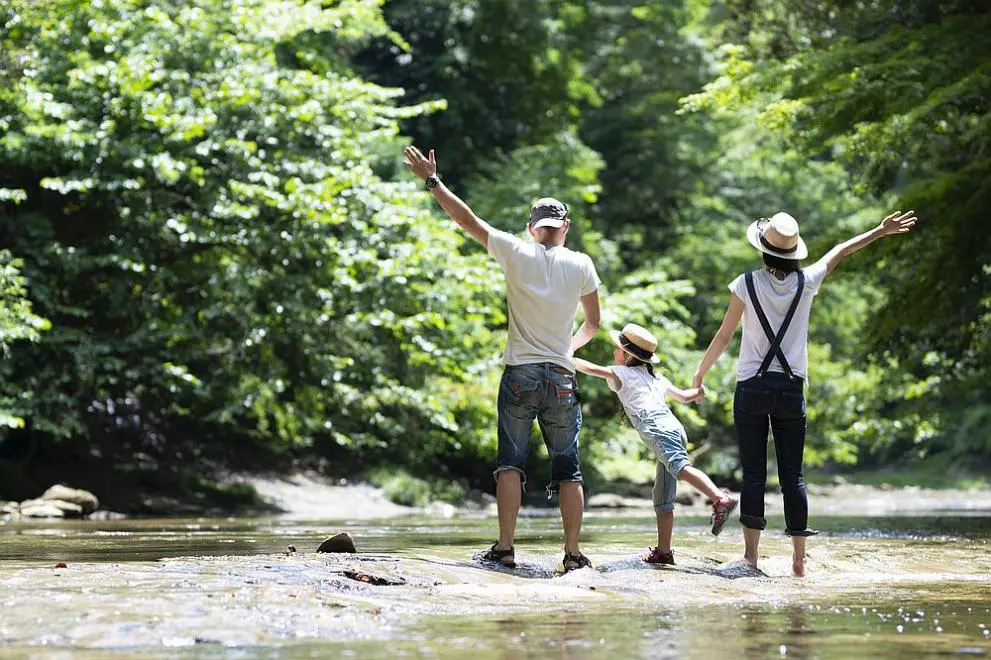The lack of outdoor activities due to the new coronavirus pandemic has significantly worsened the quality of life, according to data from an international study cited by UPI.
The survey, conducted by Israeli researchers, involved nearly 12,000 adults in 40 countries, including the United States.
More than a third of respondents admit that their sleep has seriously deteriorated during the closure of schools, companies and the ban on going home for no good reason.
Restrictions have also reduced labor productivity by more than two-thirds of people. More than half of the participants admitted that they had limited their physical activity.
“Limiting outdoor time has a negative effect on mental and physical health,” said study co-author Maria Corman of the University of Ariel in the West Bank.
According to her, insufficient exposure to daylight and increasing the use of various electronic devices significantly contribute to the deterioration of quality of life.
Corman explains that the lack of daylight has a negative effect on sleep and this has been proven by various studies. As a result, people cannot sleep well.
“Such changes in sleep patterns disrupt other aspects of life,” she says. “Daylight supports alertness, mood, vitality, cognitive function and regulates our biological clock.”
According to Maria Corman, strategies to improve well-being during a pandemic, and especially during social constraints, should encourage more exposure to daylight.
The survey data is published in the Journal of Sleep Research.







